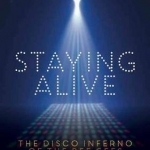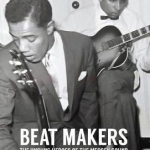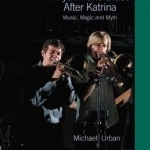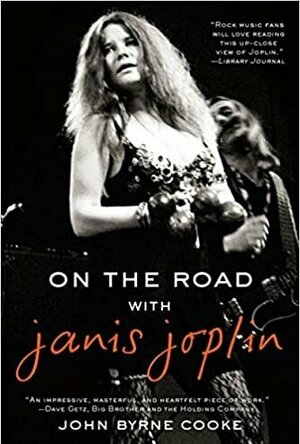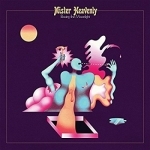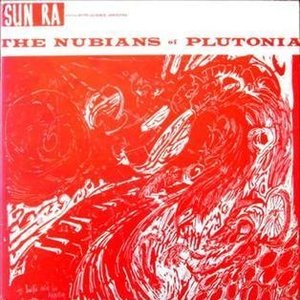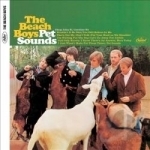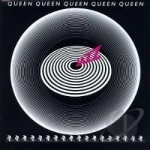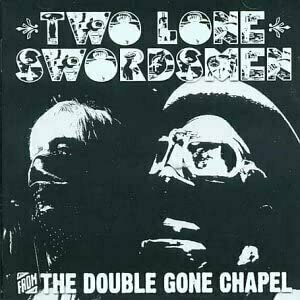"This comes from a place that keeps coming back into my life, which is Chicago. So many records from Chicago resonate in my Mancunian hellhole!
When we were picking up Sun Ra records in the bargain bins for 50p with all the corners cut off, you'd go for the cover of the sleeves because on the back they'd show them playing these car parks somewhere with all this pageantry and all these weird electronic keyboards. And you'd be like, ""Oh! That looks really interesting!""
You'd put it on and it sounded like this odd, aged, Biblical music; like the Seven Tribes crossing the Sahara or something. It's very percussive – there huge sections where it's just percussion clattering away, and then you'd be hit by this kind of big band swing thing. And you'd be, ""Oh! That's really odd!"" and then there'd be an electric piano solo in the middle of that; it was just totally confusing!
This was one of those records that sat around for a while and there'd be maybe one or two track that you went for. Gradually, the album would then open up for you. And then your friends would have another Sun Ra album and these things gathered together.
There was a gig in Manchester in 1981, and it was Sun Ra with what must have been a 20-piece band and they had [saxophonist] John Gilmore and [singer/violinst] June Tyson in it – the classic version of the band, really – and it was like a three-hour concert. The epiphany that came with it was they did this enormous timeline that included music from the 1930s, which then went all the way through to freeform electronic wailing and synthesizer solos that went on for 15 minutes, as well as battles between trombones and really structured compositional things.
A few years ago, it was Sun Ra's centenary and there was a festival in Liverpool and we put a band together to do a Sun Ra tribute. So we learnt a lot of stuff from the Impulse label records – the 50s Chicago stuff – and you can get all the music from the Smithsonian. We put in enough time to making it sound good and it was a really rewarding experience to live in that music for a while.
[Saxophonist] Marshall Allen once stayed at my house. He saw all the instruments lying around and he says, ""Oh, you play?"" And I was like, ""Sort of"" because at that point, imposter syndrome kicks in, but he was like, ""Can you play two notes?"" and I'm going, ""Yeah, yeah"" and he said, ""Well, let's do it!"" We ended up setting up a recording session and we made an album in the evening, and then went out and had kebabs!
But it's interesting how popular Sun Ra's records have become over time, because back then, they were practically giving them away."
Source

